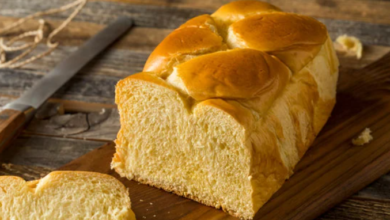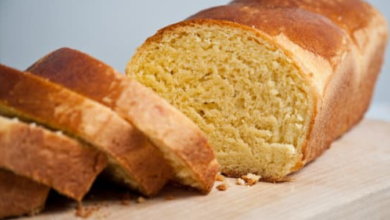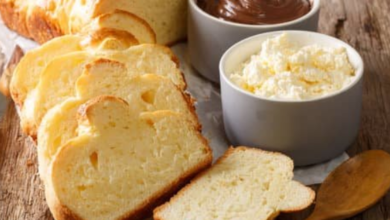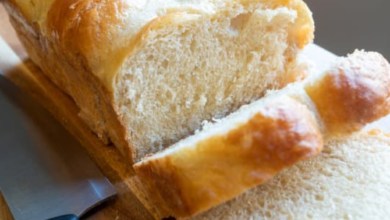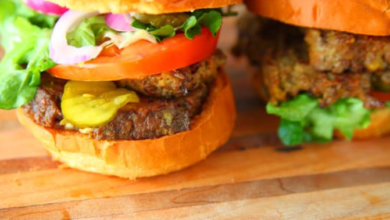Is Brioche Making You Fat?
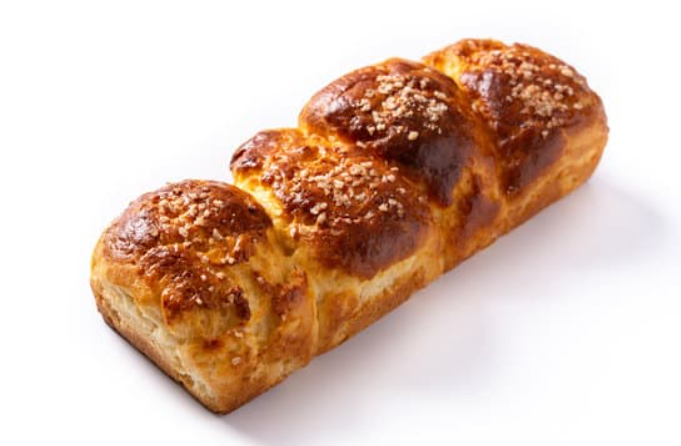
What To Know
- However, the protein content in brioche is not significant enough to offset the potential weight-gaining effects of its high fat and carbohydrate content.
- Brioche has a relatively high calorie density (300 calories per 100g), meaning that it provides a significant amount of energy in a small portion.
- Brioche’s nutritional composition can contribute to weight gain if consumed excessively, but it can also be enjoyed in moderation as part of a healthy lifestyle.
Brioche, with its golden-brown crust and airy, buttery interior, tantalizes taste buds worldwide. However, the question of “is brioche fattening?” lingers in the minds of many who crave this delectable treat. In this comprehensive guide, we delve into the nutritional composition of brioche, exploring its potential impact on weight management.
Nutritional Breakdown: Deconstructing Brioche’s Components
A typical brioche bun (100g) contains:
- Calories: 300
- Fat: 15g (of which 9g is saturated fat)
- Carbohydrates: 40g
- Protein: 7g
Understanding Fat Content: The Good, the Bad, and the Saturated
Brioche’s relatively high fat content raises concerns, but it’s essential to note that not all fats are created equal. Saturated fats, found predominantly in animal products, can raise cholesterol levels and increase the risk of heart disease. Brioche contains 9g of saturated fat per 100g serving, which is a significant amount.
Carbohydrate Content: The Energy Source with a Caveat
Brioche’s carbohydrate content provides the body with energy. However, it’s important to consume carbohydrates in moderation, especially refined carbohydrates like those found in white flour. Brioche is made with white flour, which can cause blood sugar spikes and contribute to weight gain if consumed excessively.
Protein Content: The Building Block with Limited Impact
Brioche contains a modest amount of protein (7g per 100g), which is essential for muscle growth and satiety. However, the protein content in brioche is not significant enough to offset the potential weight-gaining effects of its high fat and carbohydrate content.
Calorie Density: A Measure of Energy Packed in Food
Calorie density refers to the number of calories in a given weight of food. Brioche has a relatively high calorie density (300 calories per 100g), meaning that it provides a significant amount of energy in a small portion. This can lead to weight gain if consumed in excess.
Portion Control: The Key to Enjoying Brioche Responsibly
While brioche may be fattening, it can be enjoyed in moderation as part of a balanced diet. Limiting portion sizes and pairing brioche with healthier options, such as fruits and vegetables, can help minimize its impact on weight management.
The Bottom Line: A Balanced Approach to Brioche Consumption
The question of “is brioche fattening?” is not a simple yes or no answer. Brioche’s nutritional composition can contribute to weight gain if consumed excessively, but it can also be enjoyed in moderation as part of a healthy lifestyle. By understanding its nutritional content, practicing portion control, and balancing brioche consumption with other nutritious foods, you can indulge in this delectable pastry without derailing your weight management efforts.
Frequently Asked Questions
Q: Is brioche healthier than other pastries?
A: Brioche is not inherently healthier or unhealthier than other pastries. Its nutritional value varies depending on the ingredients and preparation methods used.
Q: Can I eat brioche on a weight loss diet?
A: Consuming brioche in moderation as part of a balanced diet is possible while losing weight. However, it’s important to limit portion sizes and pair brioche with healthier options.
Q: What are some healthier alternatives to brioche?
A: Whole-wheat bread, rye bread, and sourdough bread are healthier alternatives to brioche due to their higher fiber content and lower calorie density.
